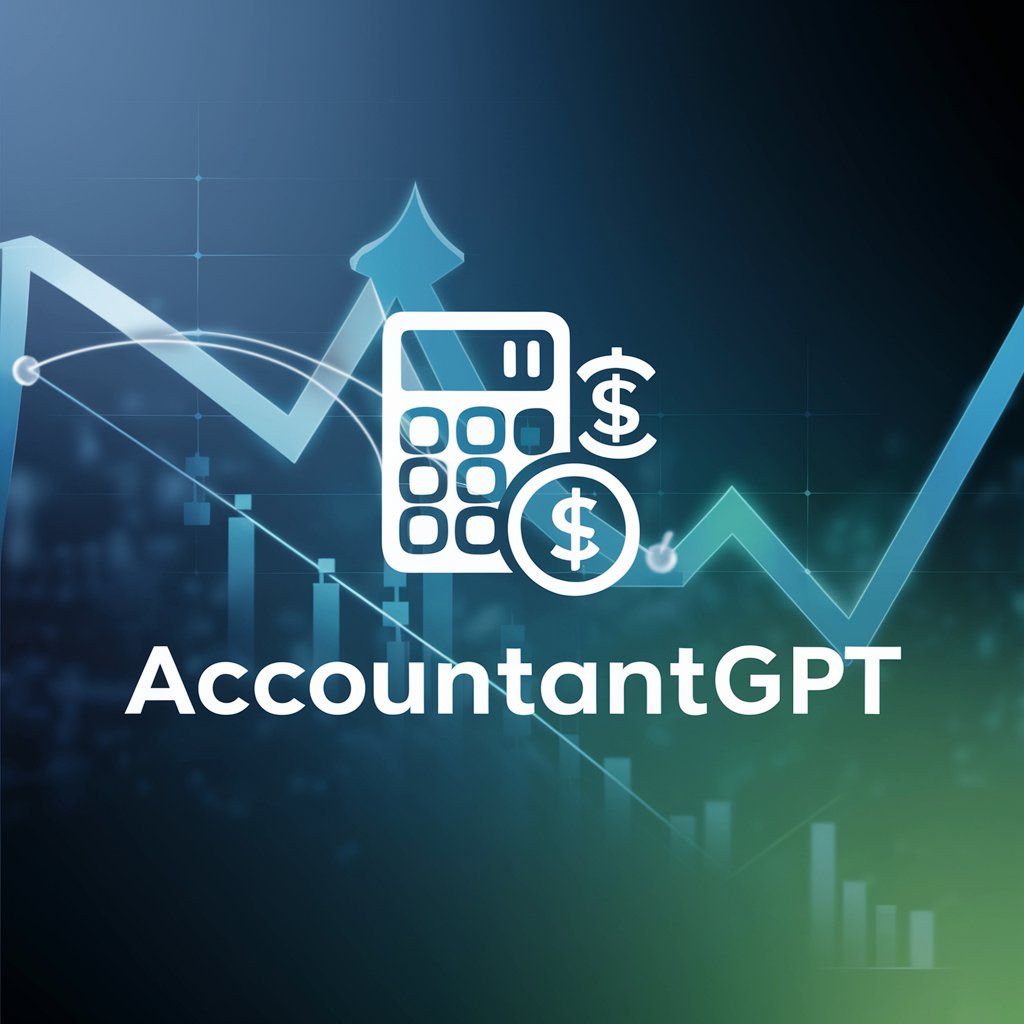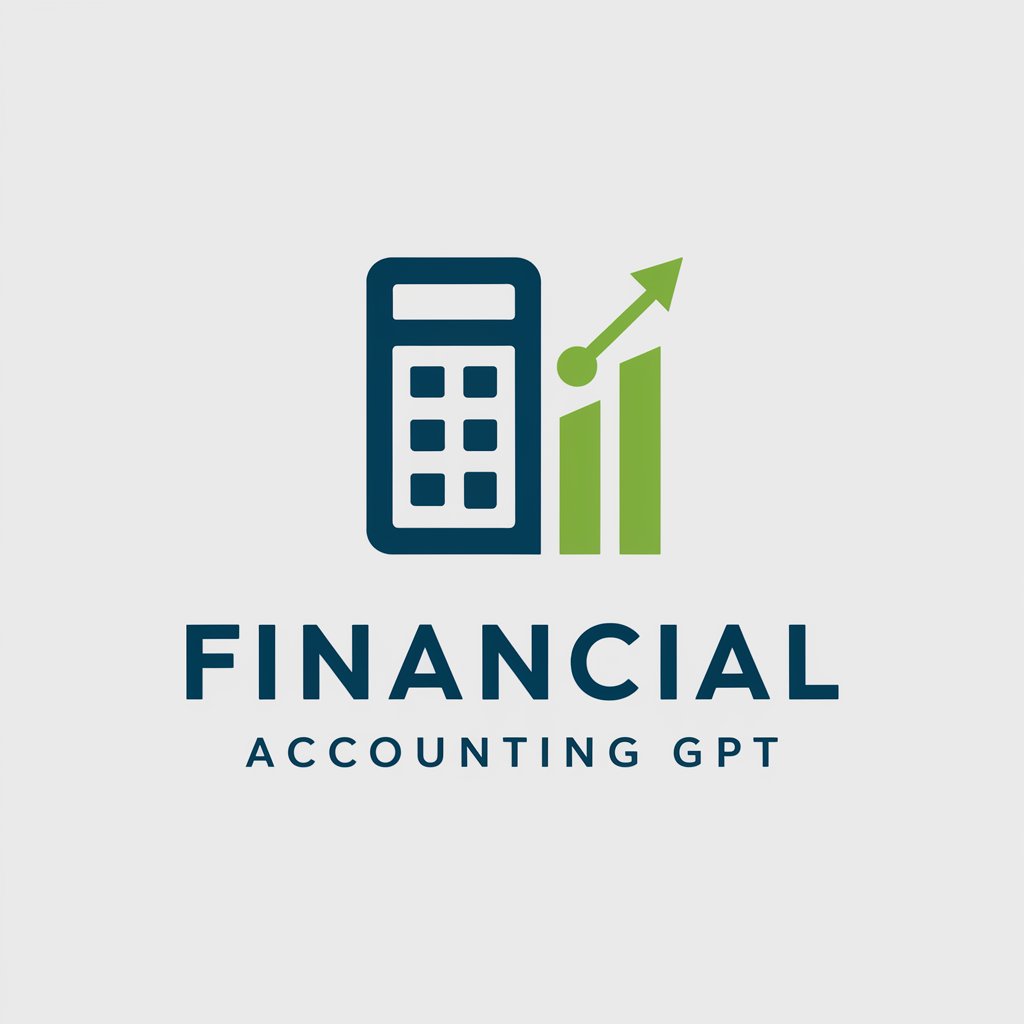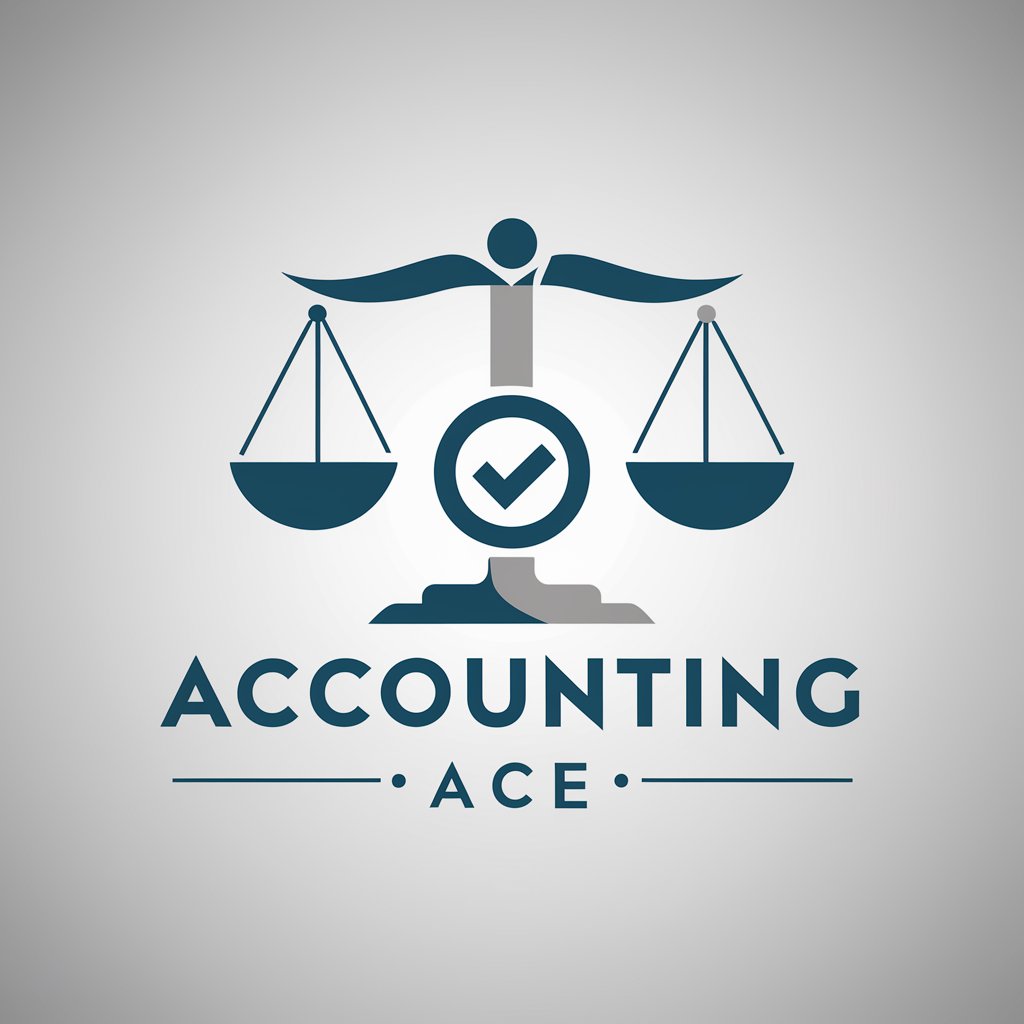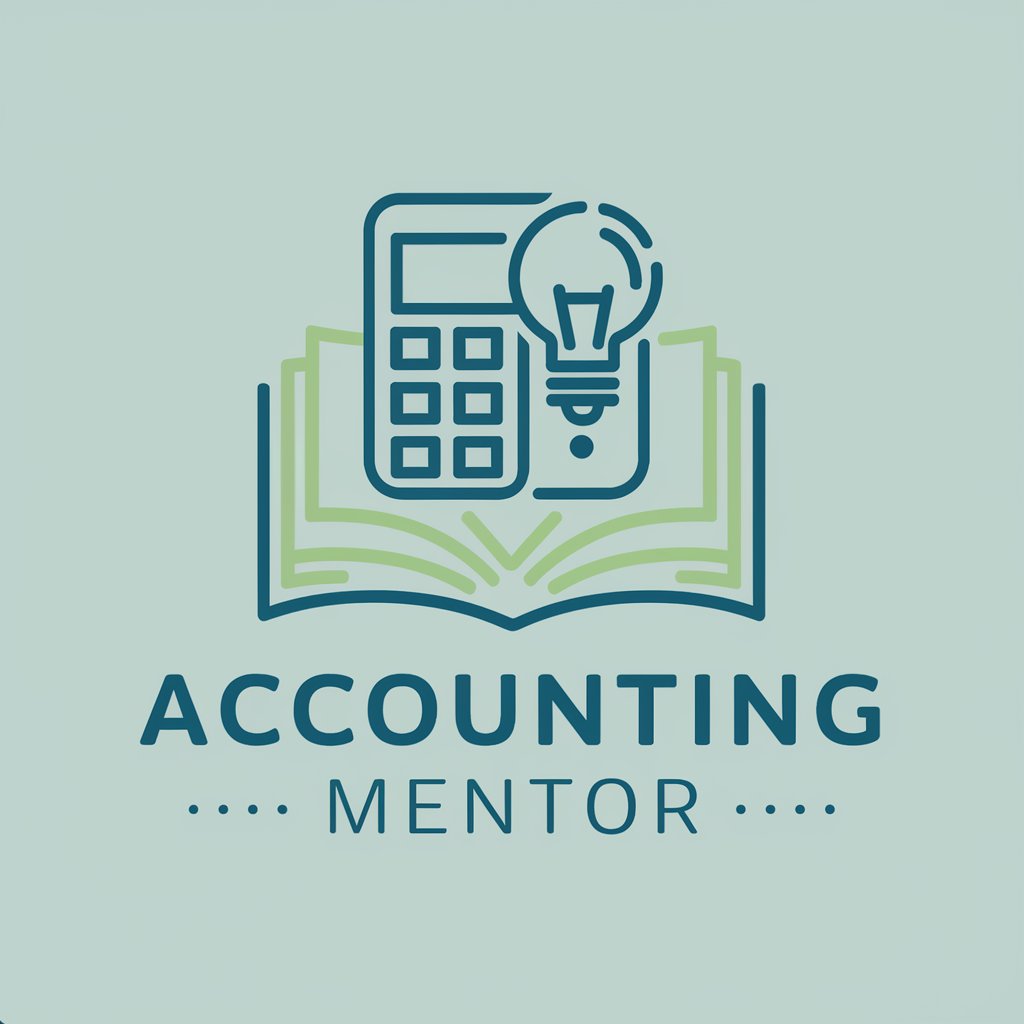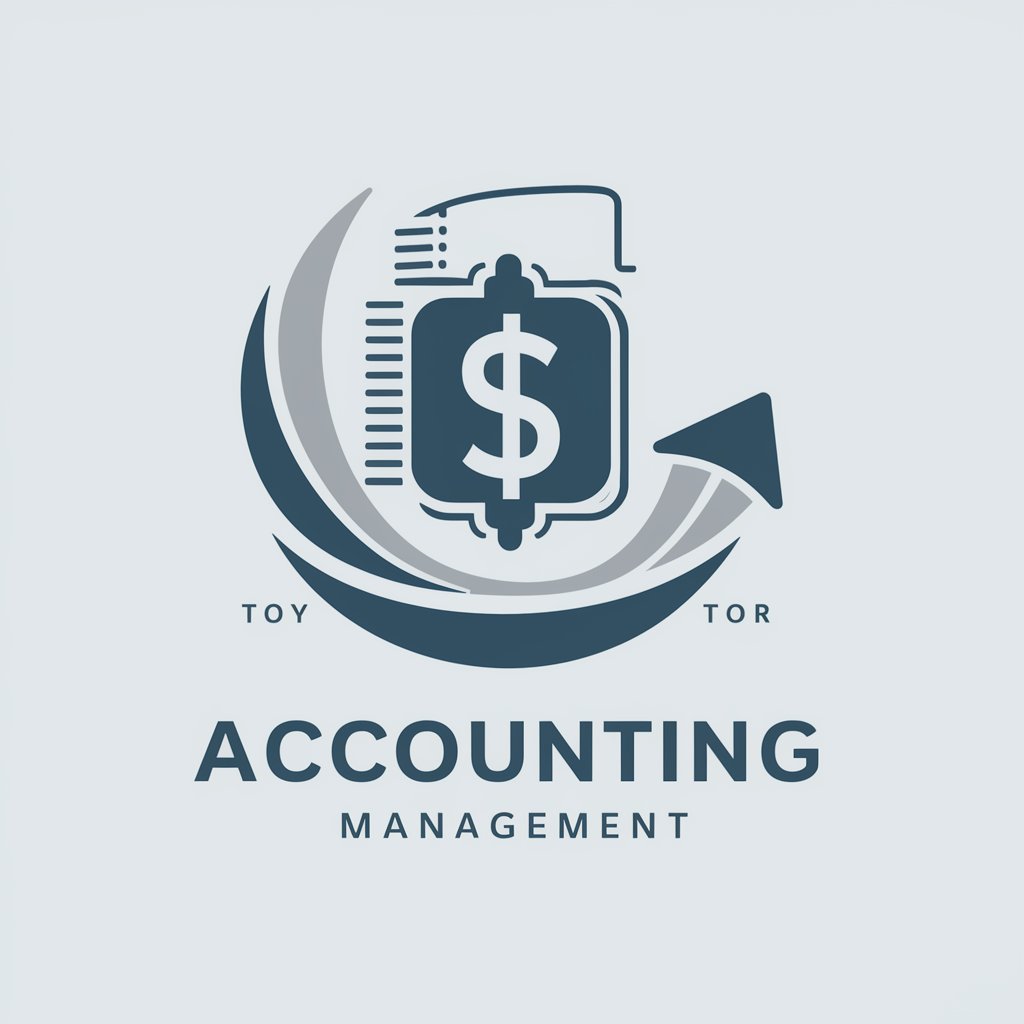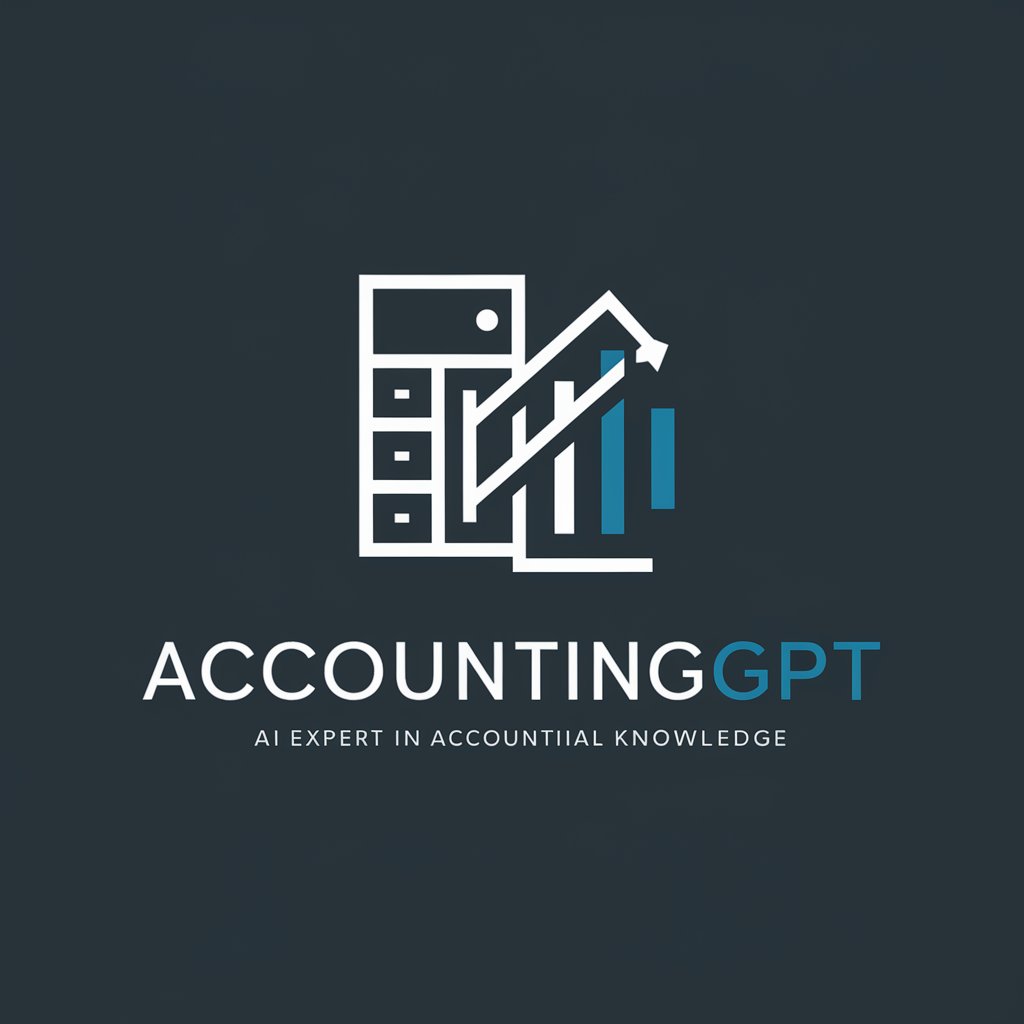
Accounting - AI-driven accounting assistant

Hello! How can I assist with your accounting studies today?
AI-powered assistance for all accounting needs.
Can you explain the principles of double-entry accounting?
How do you calculate the break-even point for a company?
What are the key differences between financial and managerial accounting?
How is the cash flow statement structured and what does it indicate?
Get Embed Code
Overview of Accounting
Accounting as a discipline is central to managing and understanding the financial activities of an entity. It involves recording, classifying, summarizing, interpreting, and communicating financial information. The field is underpinned by principles such as the double-entry system where every debit has a corresponding credit, reflecting the equation Assets = Liabilities + Equity. An example of accounting in action is a business tracking its revenue and expenses to produce financial statements which help stakeholders understand its economic activities and make informed decisions. Powered by ChatGPT-4o。

Core Functions of Accounting
Financial Reporting
Example
Compiling balance sheets, income statements, and cash flow statements for a corporation at the end of a fiscal year.
Scenario
This allows shareholders and potential investors to assess the financial health and performance of the business, influencing investment decisions and strategic planning.
Budgeting and Forecasting
Example
Preparing the annual budget for a university, estimating revenues from student tuition and expenditures on faculty salaries, maintenance, and new programs.
Scenario
Enables the university administration to plan financial allocations efficiently, ensuring funds are appropriately distributed to meet academic goals and sustain operations.
Tax Preparation and Planning
Example
Calculating taxable income for a small business owner and strategizing on possible deductions and credits to optimize tax liabilities.
Scenario
Helps the business owner comply with tax regulations while minimizing tax expenses, thus maximizing profitability.
Cost Management
Example
Analyzing the production costs of a manufacturer to identify areas where expenses can be reduced without compromising quality.
Scenario
Supports the manufacturer in enhancing financial efficiency and competitive advantage by lowering production costs and improving profit margins.
Audit and Compliance
Example
Conducting an audit for a non-profit organization to ensure that financial statements are accurate and comply with regulatory standards.
Scenario
Assists the organization in maintaining transparency and accountability, fostering trust among donors and regulatory bodies.
Target Users of Accounting
Small to Medium Business Owners
These users benefit from accounting services to manage day-to-day financial records, comply with legal standards, prepare for audits, and plan their taxes efficiently.
Corporate Finance Teams
Large enterprises utilize sophisticated accounting services to handle complex financial data, strategic planning, risk management, and compliance with international financial reporting standards.
Non-Profit Organizations
Non-profits rely on accounting to manage donations, grant funding, and operational expenses, ensuring that they meet budgetary objectives and regulatory requirements.
Government Agencies
Governmental bodies need accounting to track public spending, manage budgets, and prepare financial reports that are transparent and accessible to the public.
Individuals and Freelancers
Personal finance management, tax obligations, and investment tracking are key accounting services utilized by individuals and freelancers to optimize their financial health and tax planning.

How to Use Accounting
Visit yeschat.ai for a free trial without login, also no need for ChatGPT Plus.
Access the tool by visiting yeschat.ai and start exploring its features directly, without any login or additional subscription requirement.
Define your needs.
Identify the accounting tasks or areas you need help with, whether it's understanding accounting principles, solving practical problems, or seeking advice on application.
Explore various features.
Interact with the tool to explore solutions for academic projects, business finance analysis, tax calculations, and conceptual clarifications.
Ask specific questions.
Formulate specific questions about accounting topics or issues and receive comprehensive, accurate answers.
Apply or integrate the insights.
Use the detailed guidance to improve your understanding, refine your work, or apply it to relevant accounting tasks.
Try other advanced and practical GPTs
Buscador Jurisprudencia España
Unlock Spanish Legal Insights with AI

Markov Chain Bot
Simplifying stochastic modeling with AI.

Criativos do Futuro
Empowering Creativity with AI

Guia de Roteiro para Vídeo
Script Your Success with AI

Artistry Performance Mentor
Empowering artistry through AI insights

Adonis/Article 1.0 Beta
Empower your writing with AI

Managerial Accounting
AI-Driven Managerial Accounting Solutions
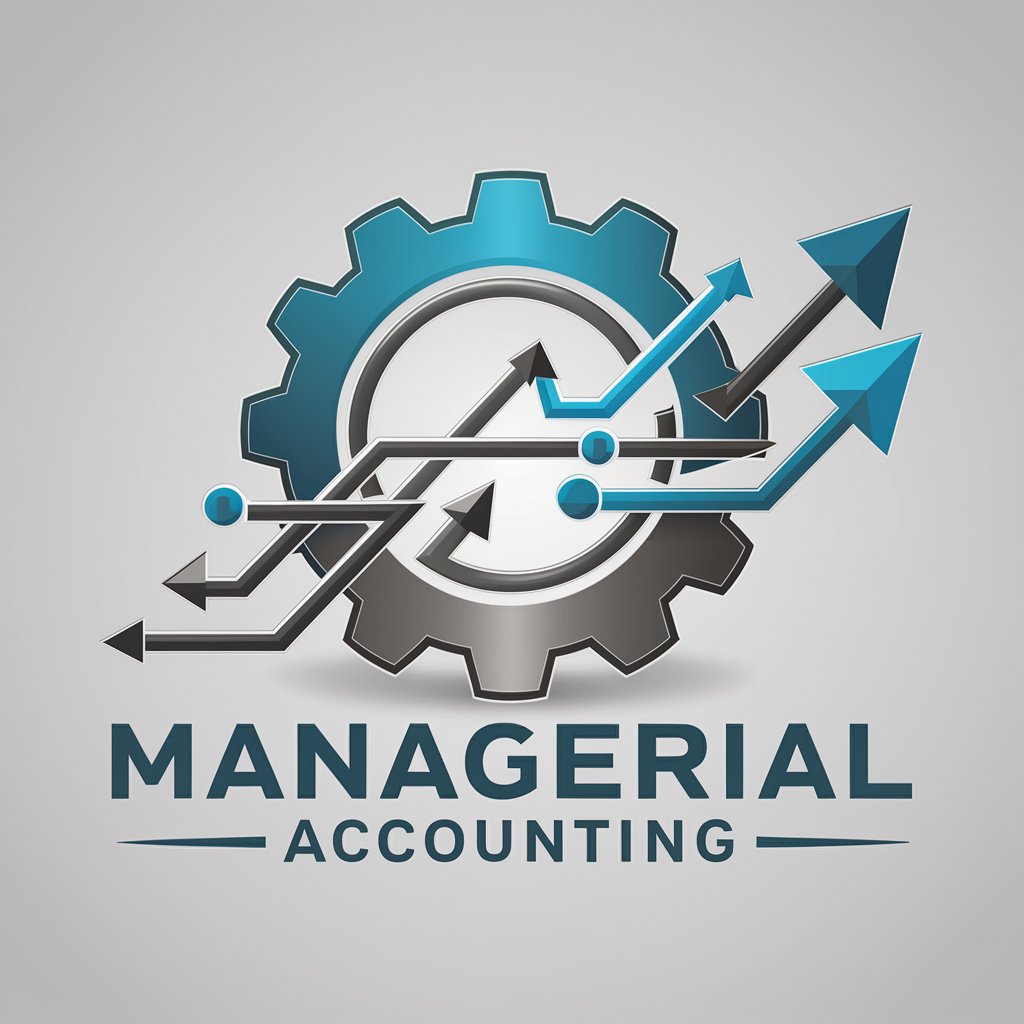
チラシ・ポスター作成用
Craft stunning flyers and posters effortlessly.

语言专家中英双语
Master languages with AI power

マインドセット
Tailor Your AI, Enhance Your Output

Industrial Design
Empowering Design with AI

Brief Buddy
Instant Clarity with AI Power

Common Questions About Accounting
How can Accounting help me with financial analysis?
Accounting provides detailed explanations of financial analysis techniques, such as ratio analysis and cash flow forecasting, to help you interpret financial statements and assess business performance.
Can it assist with academic research in accounting?
Yes, Accounting offers guidance on various accounting theories and frameworks, assisting students with research papers and providing insight into complex concepts like revenue recognition and managerial accounting.
What kind of business advice can I get from Accounting?
Accounting can clarify best practices for bookkeeping, payroll management, tax preparation, and strategic budgeting, enabling small businesses to streamline their operations and decision-making.
Can I learn about international accounting standards?
Absolutely. Accounting can provide information on IFRS, GAAP, and other international standards, explaining how these frameworks apply to multinational organizations.
Is it suitable for solving accounting problems?
Yes, Accounting can assist with calculations, adjustments, and interpretations across diverse areas like depreciation, cost of goods sold, and inventory valuation.
